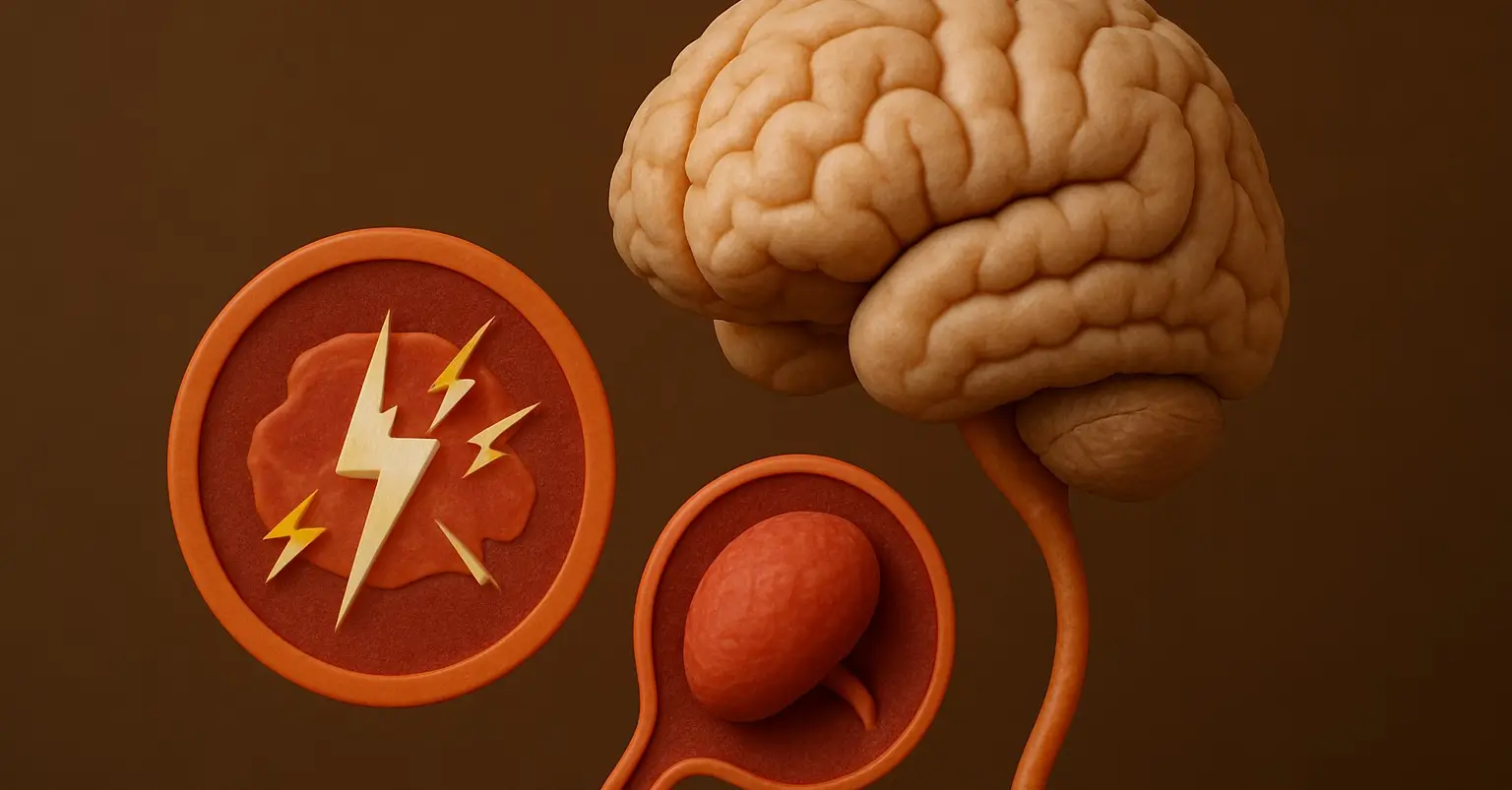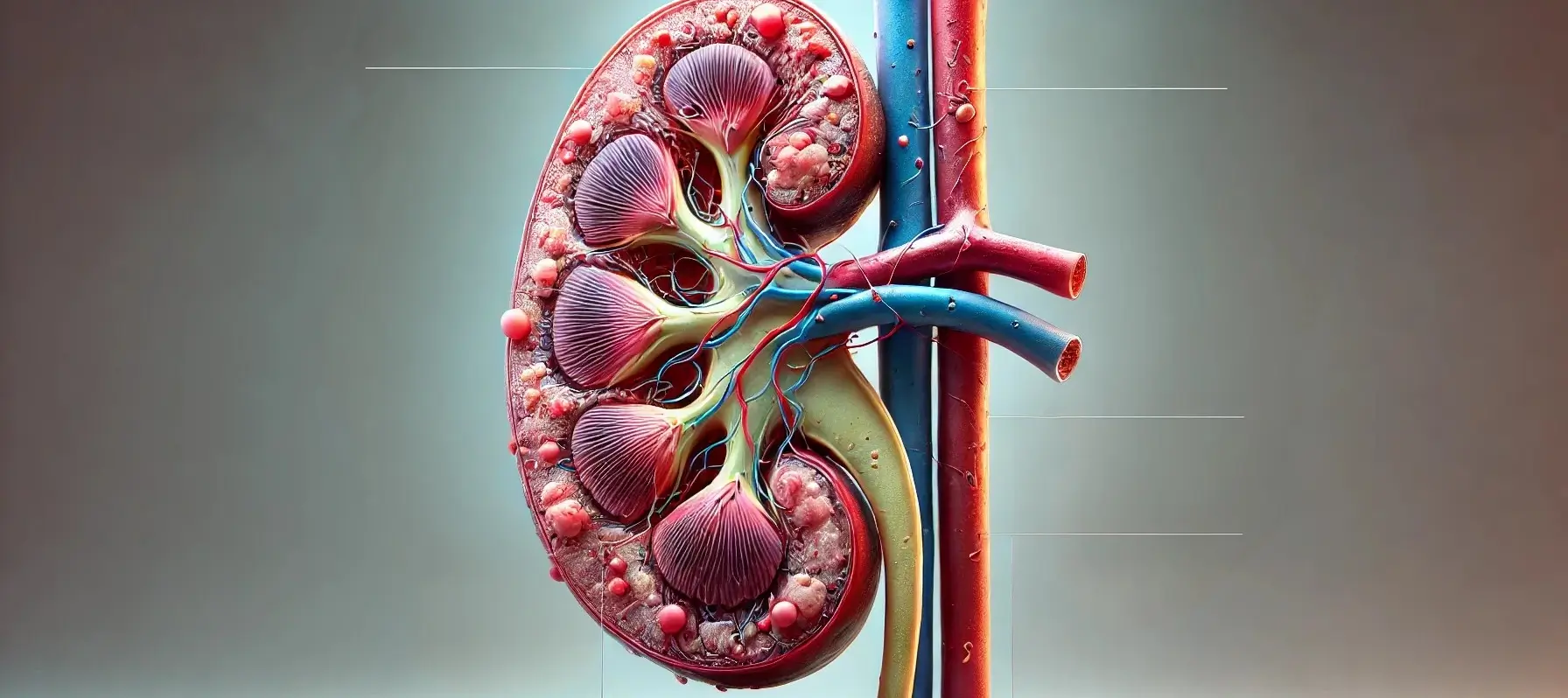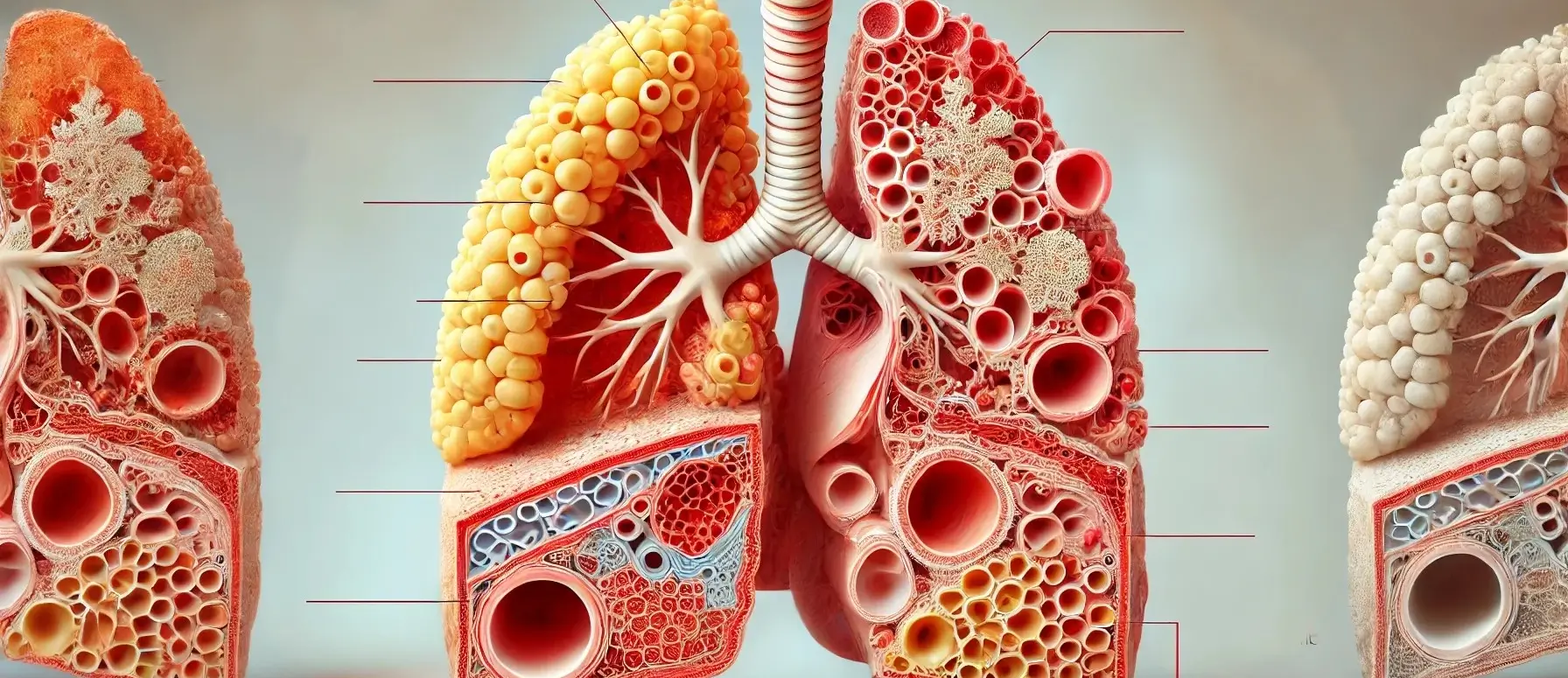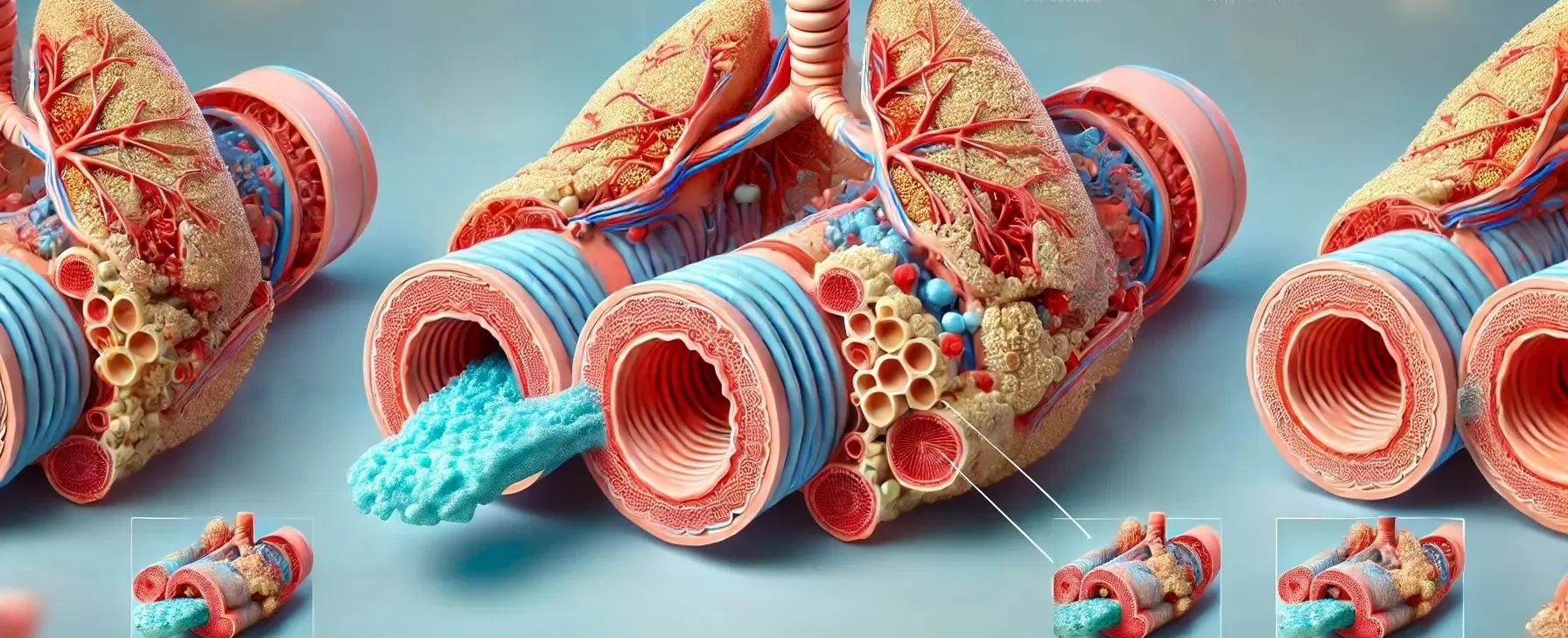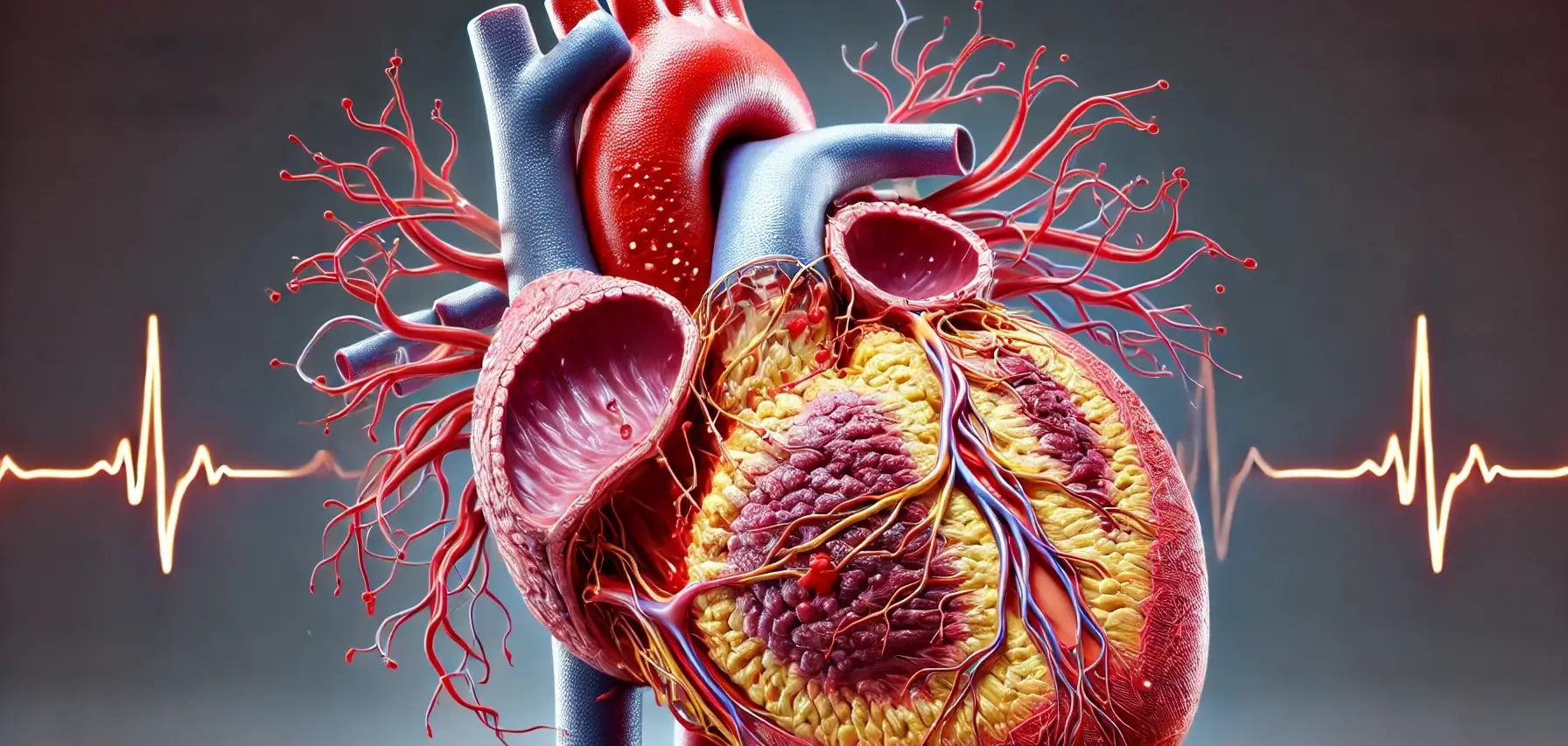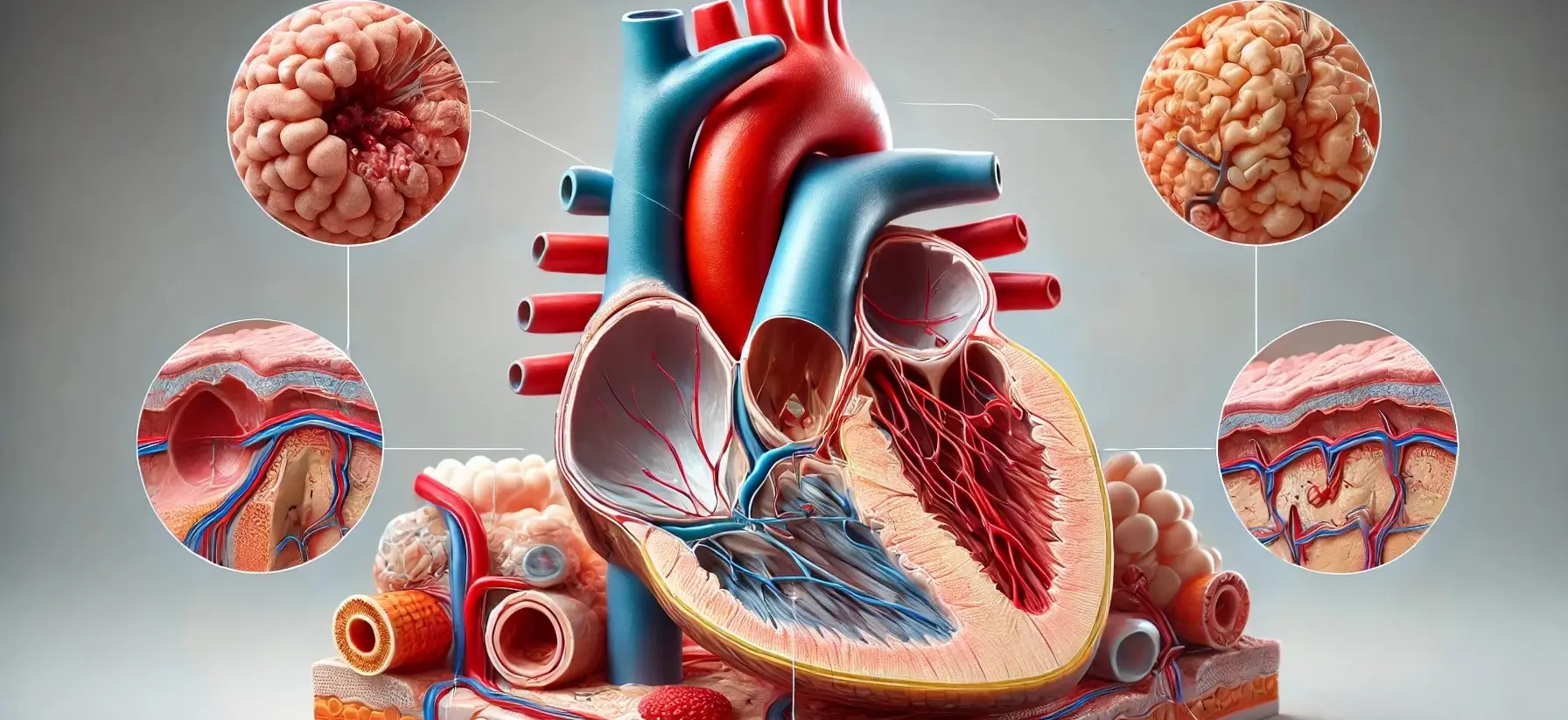Sickle Cell Anemia
Sickle Cell Anemia Introduction Sickle cell anemia is a genetic disorder caused by a mutation in the HBB gene, which encodes the beta-globin subunit of hemoglobin. This mutation leads to the production of abnormal hemoglobin known as hemoglobin S (HbS). Under low oxygen conditions, HbS polymerizes, causing red blood cells (RBCs) to become rigid and … Read more


